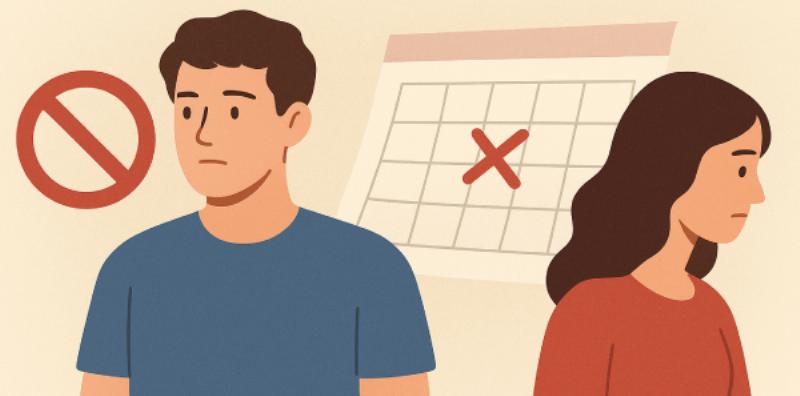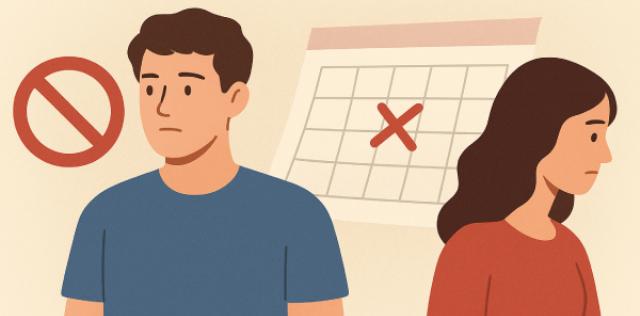


Young adults aren’t having casual sex anymore, and I'd like to note that I'm finally a trendsetter. In my young adulthood, unmarried and having religious reasons to abstain from sex outside marriage, I was celibate. I didn't walk around with this printed on a T-shirt, but it occasionally came up in conversation among friends and co-workers.
You're probably guessing that I was teased about this by other men. Nope. I was pitied by some women. "That’s so sad," was one direct quote.
I’m not going to lie and say I didn’t feel I was missing out, but I didn’t feel like a martyr. It was an issue between me and my God and nobody else's business. (We're talking about the 1980s and '90s. I'm now happily married, by the way, with all that that encompasses.)
But recent surveys have found that I wouldn't have been out of step with my peers if I had been born a few decades later. The reasons for the lack of hooking up are varied: depression, lack of real-world relationships, addiction to technology. These are negative issues that need to be addressed, but people who are not married not having sex is not itself a problem.
CNN’s data chief, Harry Enten, recently highlighted this in a segment that left colleagues laughing on air — pointing to a striking share of young adults reporting no sexual activity. Mediaite covered the moment here: CNN’s “wild poll” leaves the panel in stitches. To the media class, that’s a punchline. To me, it’s a cultural marker that deserves more than giggles.
Yes, it’s troubling that depression, isolation, and overreliance on screens have replaced the natural rhythms of friendship, courtship, and marriage. Those forces deserve serious scrutiny. But the fact that fewer people are treating casual sex as a rite of passage is not something to mourn. If anything, America may be drifting — sometimes by accident — closer to a moral framework that once required deliberate effort.
The media may laugh at the statistics, but perhaps they should pause to ask why this is happening and what it means for the next generation. If young adults can reclaim real human connection, strong marriages, and family life in the process, then less casual sex today may not be the social crisis some assume.
It might actually be the first hopeful cultural trend in a long time.

(ChatGPT for American Thinker.)
